damascus kitchen knife set
$550.00 Original price was: $550.00.$405.00Current price is: $405.00.
Damascus Kitchen Knife Set – The Ultimate Buying Guide for Home Cooks and Professionals
When you’re searching for a Damascus kitchen knife set, you’re not just looking for blades that cut. You want craftsmanship, durability, beauty, and tools that can elevate every cooking experience. A high-quality knife set is one of the best investments for any kitchen, whether you’re a professional chef, a serious home cook, or someone who simply wants reliable tools for everyday use.
Damascus knives have a reputation that goes back centuries. Known for their iconic wavy patterns and legendary sharpness, they represent a fusion of tradition and modern performance. But with so many sets on the market, how do you choose the right one? And more importantly, how do you make sure you’re investing in real Damascus steel instead of a cheap imitation?
This guide will walk you through everything you need to know about Damascus kitchen knife sets: what they are, why they’re special, how to choose the right one, what pieces you actually need, and how to take care of them. By the end, you’ll be able to confidently buy a set that suits your cooking style, budget, and long-term needs.
What Is a Damascus Kitchen Knife Set?
A Damascus knife is created through the process of layering and forging multiple types of steel together. This creates both strength and flexibility in the blade, while also producing the trademark rippling, water-like patterns.
When sold as a set, these knives typically include a selection of the most useful blades for the kitchen: a chef’s knife, a paring knife, a bread knife, a utility knife, and sometimes specialty pieces like a santoku or carving knife.
What sets Damascus knives apart from regular stainless-steel kitchen knives is not only their distinctive appearance but also their performance. The combination of hard and soft steel layers allows the blade to maintain a sharp edge while being tough enough to handle repeated use.
A Brief History of Damascus Steel
The legend of Damascus steel dates back to ancient times, particularly in the Middle East and Asia, where warriors prized Damascus swords for their strength, durability, and cutting ability. The original process used high-carbon wootz steel, which gave blades their unique banded patterns and resilience.
While the exact ancient method was lost centuries ago, modern metallurgy has revived Damascus techniques through pattern-welded steel. Today’s Damascus knives are made by layering different steels, forging them together, and etching the surface to highlight the patterns. This gives you both beauty and performance — making Damascus one of the most desirable steels for kitchen knives.
Why Buy a Damascus Kitchen Knife Set?
Here are the main reasons why a Damascus set stands out compared to ordinary kitchen knives:
1. Exceptional Sharpness and Edge Retention
Damascus knives are designed to stay sharp longer. Thanks to their layered construction, they resist dulling better than many single-steel knives. For chefs and home cooks who want precision, this makes cooking more efficient and enjoyable.
2. Durability and Strength
The layering process combines toughness with flexibility. That means the blades can endure heavy kitchen work without easily chipping or snapping, provided you use them correctly.
3. Distinctive Beauty
One of the most attractive aspects of a Damascus kitchen knife set is the look. Each blade carries a unique swirling or wavy pattern, making the knives as much works of art as they are functional tools. Owning such a set adds a sense of pride and luxury to your kitchen.
4. Versatility in the Kitchen
Most Damascus knife sets include a variety of blades that cover everything from slicing bread to chopping vegetables to carving meat. A complete set eliminates the need to buy knives individually and ensures you’re prepared for any cooking task.
5. Long-Term Investment
A good Damascus set is not something you’ll replace every year. With proper care, these knives can last decades. Many people see them as heirloom items that can be passed down, making the purchase worth far more than just the initial cost.
Key Features to Consider Before Buying
When browsing Damascus kitchen knife sets, you’ll notice huge variations in price, design, and quality. To make the right decision, pay close attention to the following features:
Blade Construction
Look for true pattern–welded Damascus steel, not blades with a surface etching that only mimics the pattern. Real Damascus blades are forged from multiple steel layers, ensuring strength and edge retention.
Core Steel
The steel at the core of the blade determines sharpness and performance. Popular choices include VG-10 or high-carbon stainless steels, which combine sharpness with corrosion resistance.
Hardness Rating (HRC)
A good Damascus knife typically falls between 58–62 HRC on the Rockwell scale. This balance keeps the edge sharp while preventing brittleness.
Full Tang Design
The strongest knives are full tang, meaning the blade steel runs through the handle. This improves balance, durability, and control during use.
Handle Material
The handle should be ergonomic and comfortable for long use. Common materials include pakkawood, stabilized wood, G-10, or other composites that resist moisture while providing grip.
Balance and Weight
A well-balanced knife feels natural in the hand and reduces fatigue. Sets vary: some are lighter and nimble, others heavier and more powerful. Choose according to your preference and cooking style.
What Knives Are Typically Included in a Set?
A standard Damascus kitchen knife set may include:
-
Chef’s Knife (8–10 inches): The most versatile knife for chopping, slicing, dicing, and mincing.
-
Santoku Knife: Similar to a chef’s knife but with a straighter edge, excellent for vegetables and precise slicing.
-
Paring Knife (3-4 inches): Perfect for peeling, trimming, and small tasks.
-
Utility Knife (5-6 inches): A mid-sized knife for tasks where a chef’s knife feels too large.
-
Bread Knife (8 inches): Serrated edge for cutting through bread and pastries without crushing.
-
Carving Knife: Long and thin, ideal for slicing roasts or large cuts of meat.
Premium sets may also include a boning knife, cleaver, or even steak knives.
How Much Should You Expect to Spend?
Damascus kitchen knife sets vary widely in price. Here’s a rough breakdown:
-
Entry-Level Sets ($150 – $300): Often made with layered stainless steel and simpler handles. These are good starter options.
-
Mid-Range Sets ($400 – $800): Typically include real pattern-welded Damascus with VG-10 or similar core steel. Handles are ergonomic and durable.
-
High-End Sets ($1000+): Handcrafted, premium steel, often made by skilled artisans or Japanese masters. These are both performance tools and collector’s items.
While you can find Damascus knives for under $100, be cautious. Many of these are simply etched with patterns and don’t have the same quality as true Damascus.
Maintenance and Care Tips
Buying a Damascus kitchen knife set is an investment, so proper care is essential:
-
Hand Wash Only – Never put them in the dishwasher. Wash with mild soap and water, then dry immediately.
-
Avoid Hard Surfaces – Use wooden or bamboo cutting boards, not glass, stone, or ceramic.
-
Regular Honing – Keep the edge aligned with a honing rod between sharpening sessions.
-
Sharpen with Care – Use whetstones or professional sharpening services. Avoid cheap electric sharpeners.
-
Store Safely – Use a knife block, magnetic strip, or blade guards to protect the edges. Limited Edition B05 Tapestry Flame Knife
-
Oil Occasionally – Lightly oil the blades to protect against corrosion, especially if they are high-carbon.
With these practices, your Damascus knives can last for decades without losing performance or beauty.
Common Pitfalls to Avoid
When buying a Damascus kitchen knife set, watch out for these mistakes:
-
Falling for Fake Damascus: Some knives only have a printed or etched pattern. True Damascus involves layered steel forged together.
-
Ignoring Heat Treatment: Even if the blade is Damascus, poor heat treatment makes it weak or brittle.
-
Buying More Than You Need: A smaller, high-quality set is often better than a large, low-quality one.
-
Overlooking Handles: A knife that feels awkward in your hand can be dangerous and tiring to use.
-
Skipping Maintenance: Damascus steel needs care. Neglecting cleaning or sharpening will shorten its lifespan.
Who Should Buy a Damascus Kitchen Knife Set?
-
Professional Chefs: Precision, durability, and beauty make these knives suitable for demanding kitchen environments.
-
Cooking Enthusiasts: If you cook often and want tools that enhance your experience, Damascus knives are ideal.
-
Gift Buyers: A Damascus set makes a luxurious and memorable gift for weddings, anniversaries, or housewarmings.
-
Collectors: Many people buy Damascus knives for their artistic value as well as their functionality.
Commercial Value – Why Now Is the Right Time to Invest
The popularity of Damascus knives has grown significantly, with more home cooks and professionals recognizing their value. Owning a Damascus kitchen knife set signals not just a love for cooking but also an appreciation for craftsmanship and quality.
For anyone browsing online with the intention to buy, the benefits are clear: sharper edges, longer lifespan, stunning designs, and a sense of pride in ownership. Compared to generic knife sets, a Damascus set is a smarter long-term purchase. Limited Edition B10 Blue Sand Knife
Conclusion: A Kitchen Upgrade That Lasts a Lifetime
A Damascus kitchen knife set isn’t just about having sharp blades. It’s about owning tools that combine tradition, artistry, and cutting-edge performance. When you buy a genuine Damascus set, you’re investing in durability, precision, and beauty that can transform the way you cook.
Whether you’re a professional chef or a home cook who wants to take meal preparation seriously, Damascus knives deliver the edge you need. The key is to buy wisely — choose a set that balances quality, usability, and long-term value. With the right choice and proper care, your Damascus kitchen knife set can last a lifetime and beyond.
Be the first to review “damascus kitchen knife set” Cancel reply
Related products
Fixed Blade Scrimshaw Knives
Fixed Blade Scrimshaw Knives
Fixed Blade Scrimshaw Knives
Fixed Blade Scrimshaw Knives
Fixed Blade Scrimshaw Knives
Fixed Blade Scrimshaw Knives
Fixed Blade Scrimshaw Knives
Fixed Blade Scrimshaw Knives
CONTACT US
Address:
Scrimshaw Knife
114 W. Magnolia Street
Suite 400, Box 123
Bellingham, Washington 98225
E-Mail:
info@scrimshawknife.com
ABOUT SCRIMSHAW KNIFE
At scrimshaw knife, we specialize in high quality scrimshaw knives, blending craftsmanship with history. Scrimshaw is a traditional engraving art, where intricate designs are etched into bone, ivory, or synthetic materials and filled with ink for a striking finish. Our collection features authentic, handcrafted scrimshaw knives, including limited-edition pieces and collector’s favorites.
Whether you’re a knife enthusiast, collector, or looking for a unique gift, our scrimshaw knives offer exceptional artistry and durability. Shop with confidence, knowing each piece is crafted with precision and attention to detail. Explore our selection today and own a piece of history.

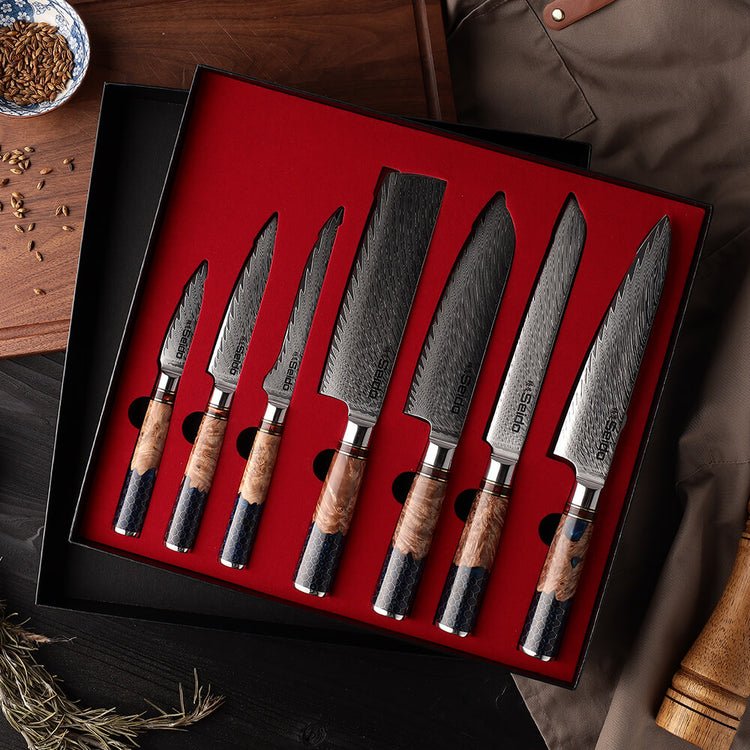
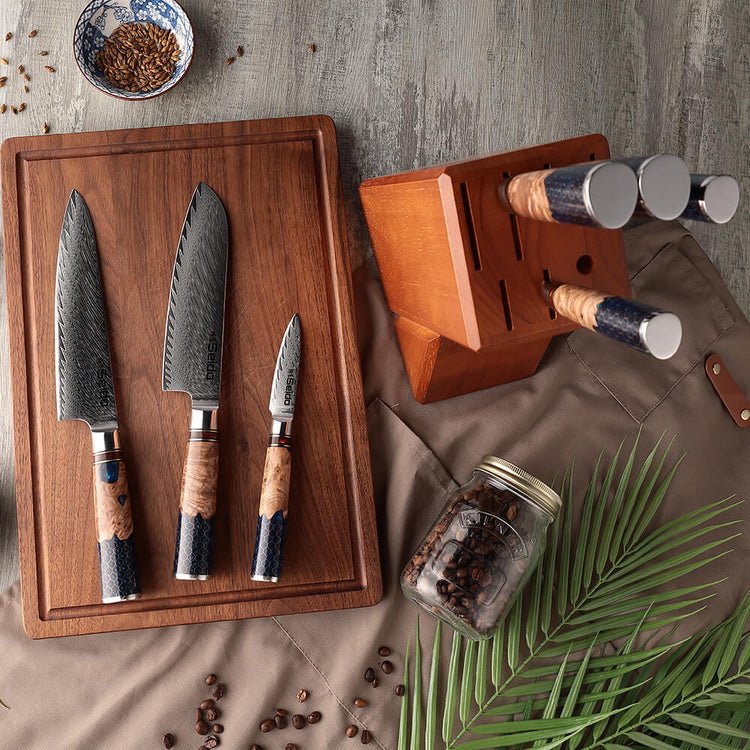
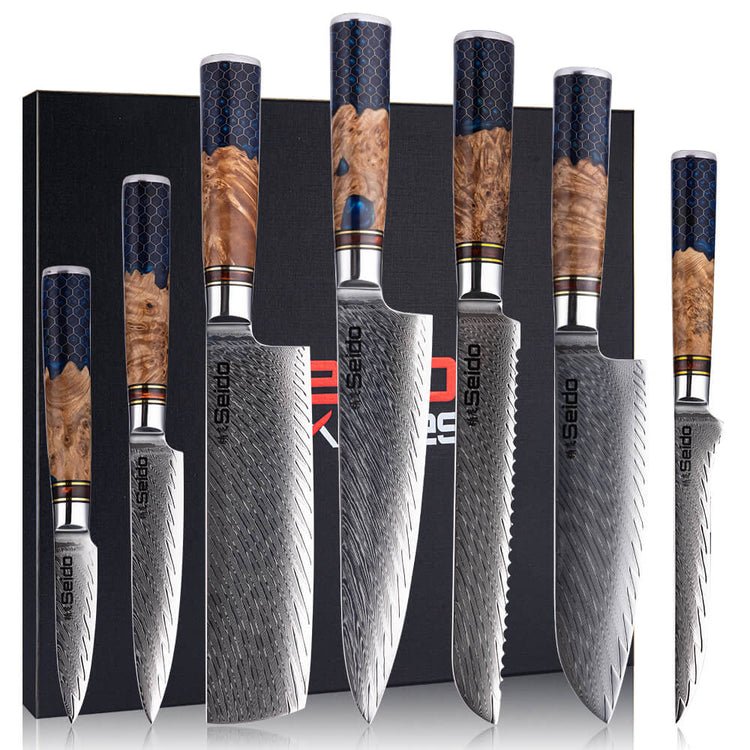
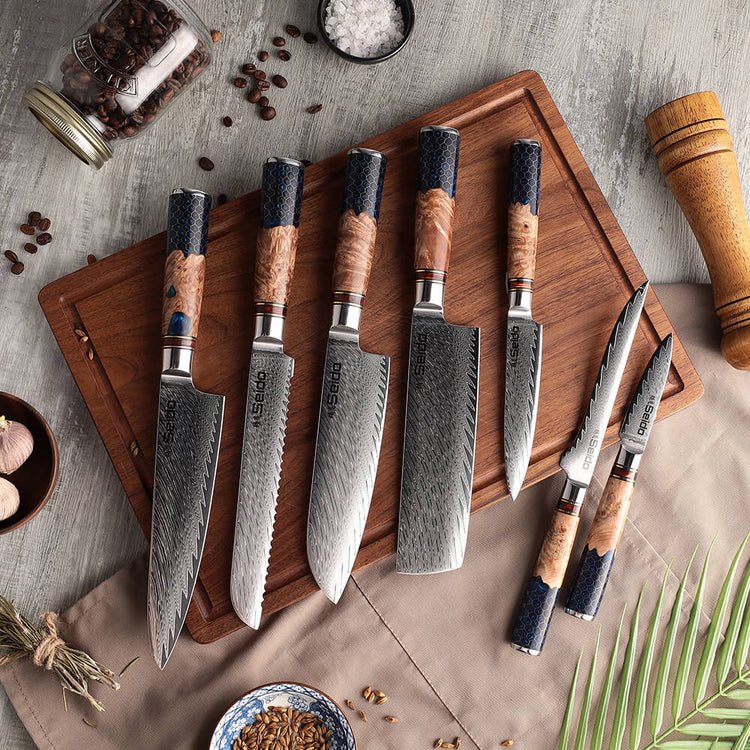
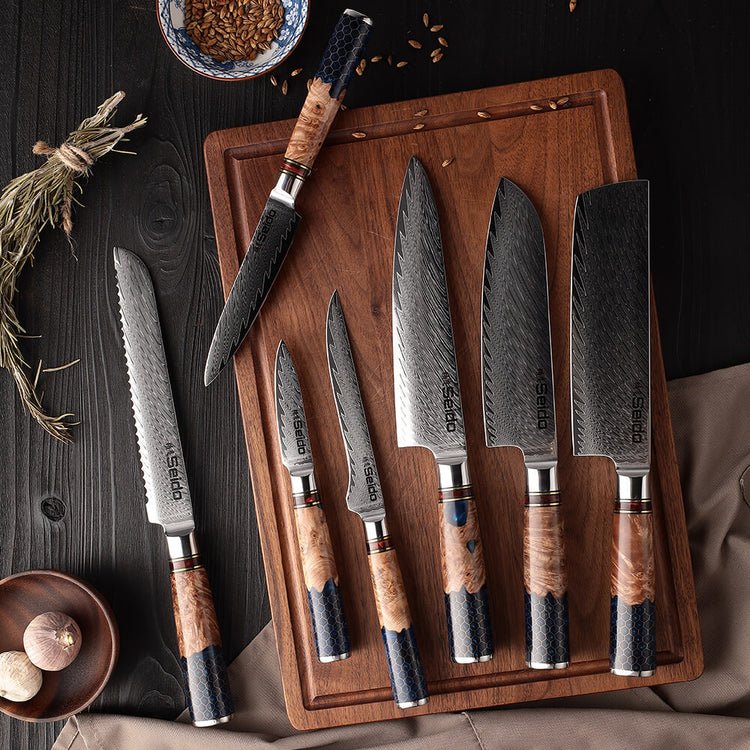
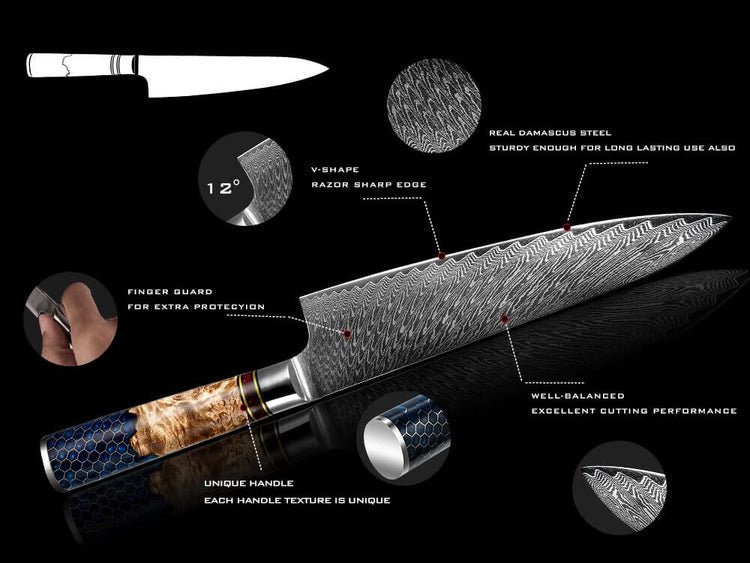
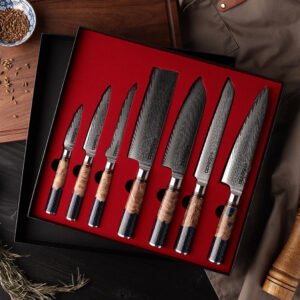
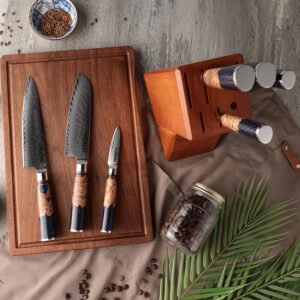
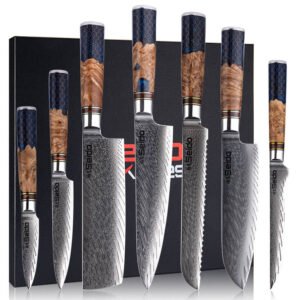
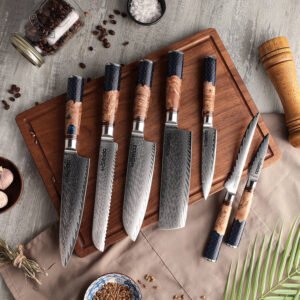
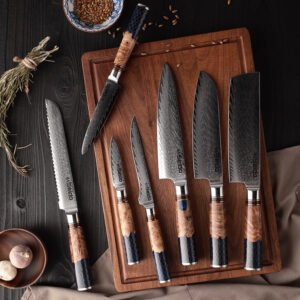
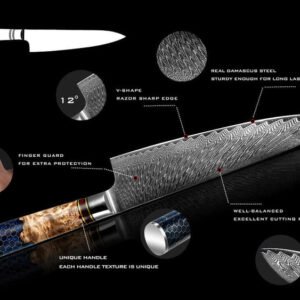
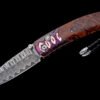
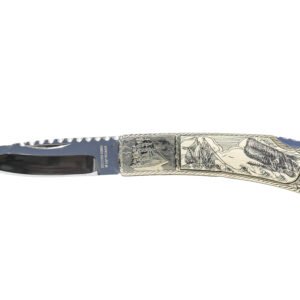
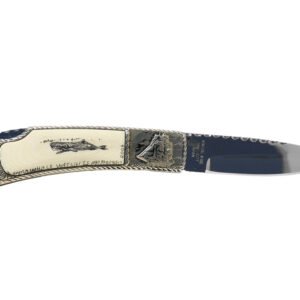
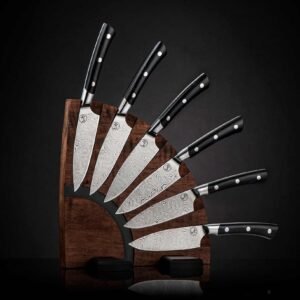
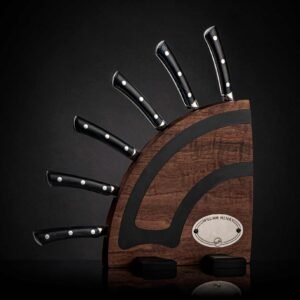
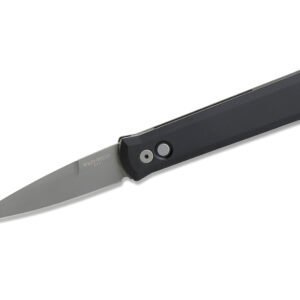
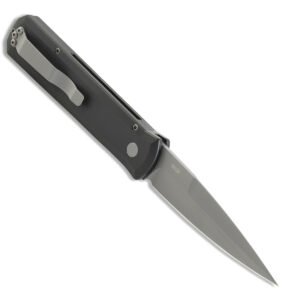
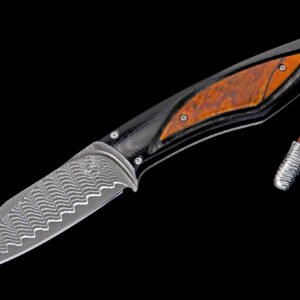
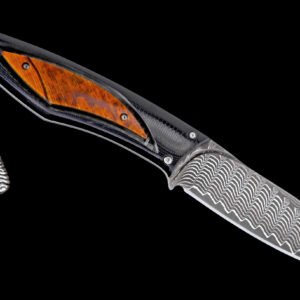
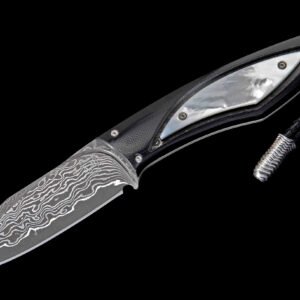
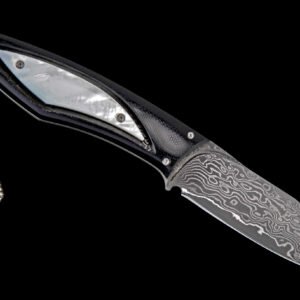
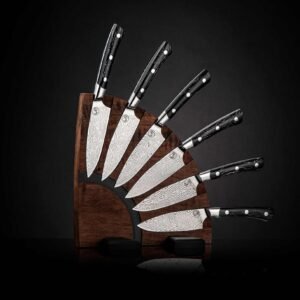
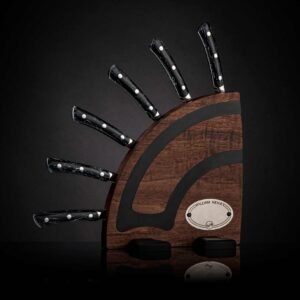
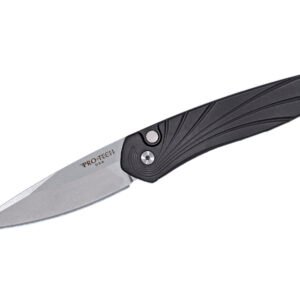
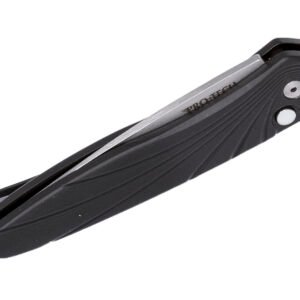
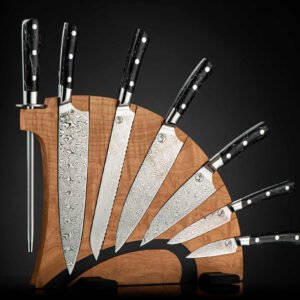
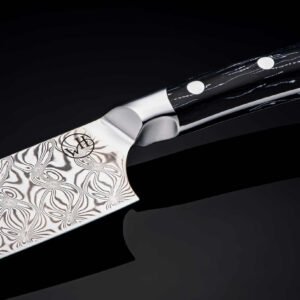
Reviews
There are no reviews yet.